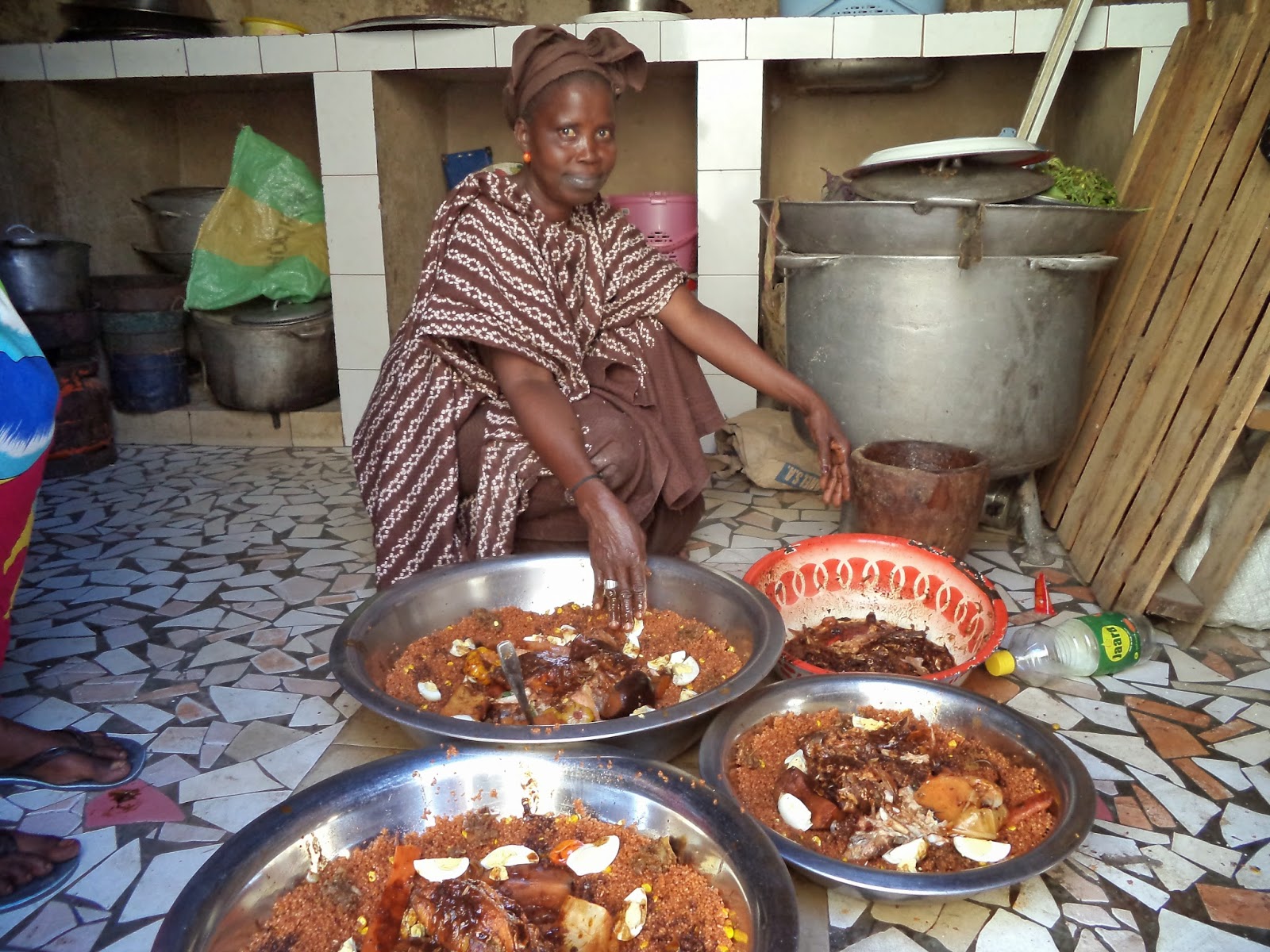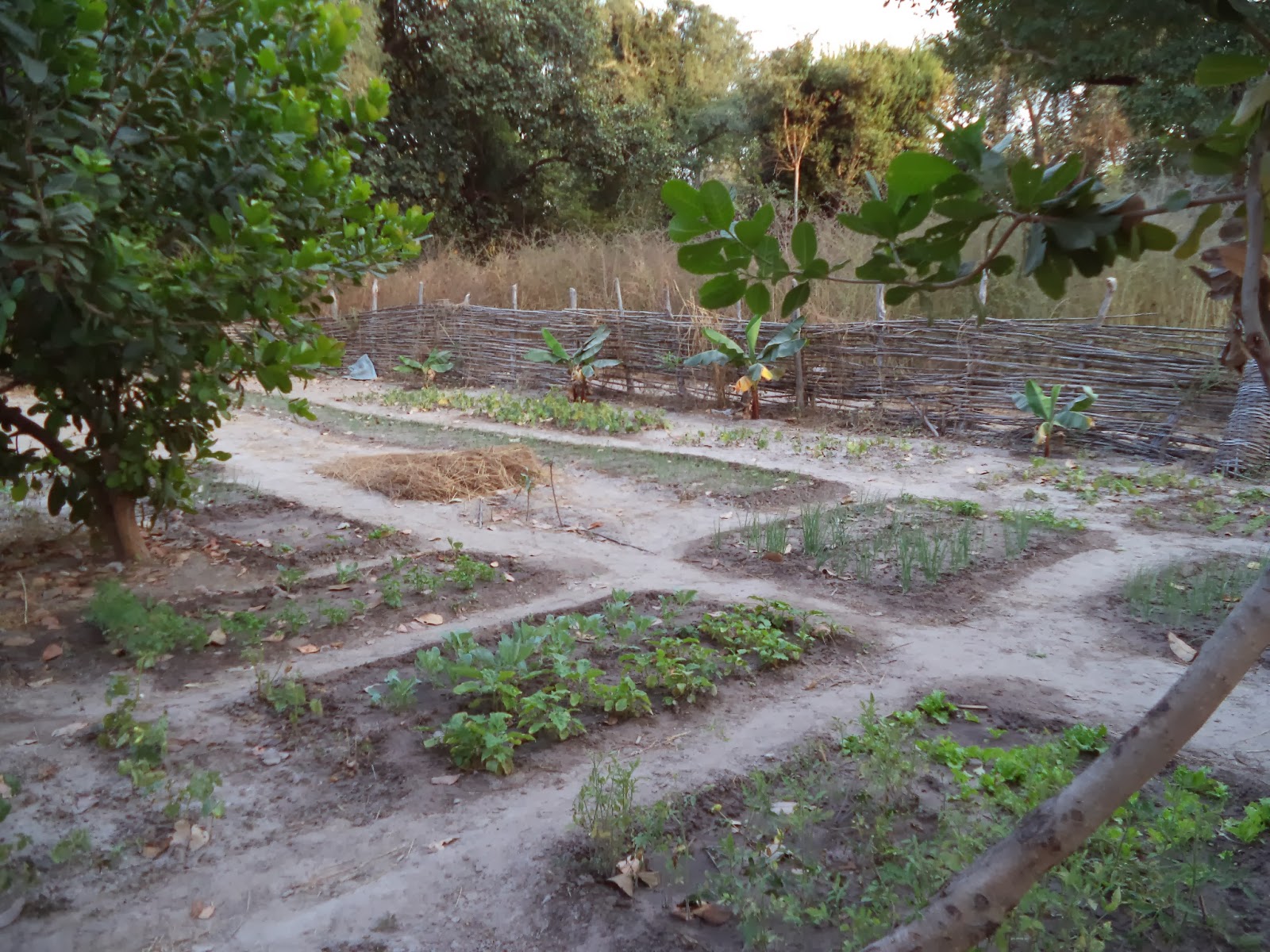I feel that one of the hardest things to communicate for anyone is their struggles. People refrain from sharing their concerns because they don't want to waste other people's time, or look weak, or burden those around them, or they simply believe that their own story is uninteresting. I wouldn't be sharing my stories online if it weren't both an excellent means of sharing with family and remembering my time here in Africa. I often find what I do to be uninteresting and just between you and I, being perceived as incapable of dealing with life in general by others is often the cause of me being quiet or deliberately derailing conversions with a non-sequitur. Then every time you do start to feel stressed that damnable intellect has to cut in and tell you "but there are others who have it worse than you." This is very true for my current circumstances, living in a third world country makes emotional discontent seem like a huge luxury. How does one justify 'feeling lonely' or some such grievance when people around you are hungry and losing family members and children to malaria and malnutrition. I can intellectually process my situation, though contemplating weather or not I have the right to 'feel bad' only really adds to the pile of worries I drag around anyway.
I think my problems continue to burden me with respect to the new challenges seen around me because of the cultural lens I see them through. In the culture which nurtured me to my current age I rarely experienced these situations. My mind organized the totality of my experiences into good and bad and the extremes of either side. We organize our experiences into a linear scale as we cognize them. Each new experience is placed along the scale as good, bad, or neutral and then we compare any new experiences against all the previous ones we have collected giving us our own cultural context. A child who is the product of a first world country would organize the experience of consuming a pizza differently than a child in a third world country. The first world child would likely have many positive experiences rated above that of the meal and this would make the pizza look mediocre, or uninteresting. A third world child sees the experience as novel and, if taste-buds agree, delicious. The rating of the same experience is rated much higher for the second child due to the comparison of all prior experiences.Living in a dramatically different culture than the one you grew up in is like a plunge into ice-water for your experience gauge. Tons of new experiences come flooding in and dramatically shift how you perceive the world. Suddenly it becomes difficult to justify concerns for paying off student loans over the next fifteen years when the people around you are worrying about weather or not their children will live through the month. (Side note; during the four months I have been in my village only about five people have died out of the three hundred person population, with four or five births as well. We in America have diseases and so forth as well but the reality of our situation is that the premature death of a loved one feels like a failure on the part of society and not a common and acceptable occurrence.) Perception of the same experiences changes with the different cultural backgrounds. An excellent reason to travel, if one has the means, is the broadening of experiences which permit a more accurate system of experience classification in the future. If you've seen much of the world and the challenges of others you find much of your own concerns to be quite insignificant in a different cultural context. (Note; if you still intend to live in your own culture, the cultural contexts you already know are going to work best for you. Refrain from throwing them out entirely.)
The real question here is "How should I, as a visitor to this region/reality, incorporate what I experience here into all that I have experienced prior? How do I choose to act in light of all the things which I know now and did not know earlier?" The question is hypothetical because I won't waste my time endlessly reviewing potential future experiences in light of recently added experiences. Rather the information gained will be used to deal with new experiences as they arise. Which is life isn't it? Learning and doing so as to have the ability to handle new experiences efficiently and rationally.
New experiences in this context function as a tool. The interesting paradigm of any tool is that once obtained, the owner has the capacity of choice. Being the owner of a bicycle does not imply the necessity to use it. I studied martial arts to give myself a tool in the knowledge of defense. In truth I have no desire to hurt a person and may refrain from using the tool, my knowledge, to defend myself. I would prefer to use it to keep other people from being injured. What I have gained with all forms of knowledge, training, or experience is choice. If I lack the bicycle then I do not have the option to use it when I want to. The same is true of experiences. After acquiring all these new experiences I have the choice of perceiving things through my own cultural context or through the new expanded cultural context of multiple cultures. If I wish to sympathize with one of my friends or have a problem while I'm in the United States I need to use the cultural context of my youth to relate and process information. Having experiences outside of my original cultural context gives me the option to sympathize and problem solve in new ways and effectively operate in different and varying environments. Though in the end these are MY experiences and making another person understand what I have been through is difficult.
I recently read the book Siddhartha by Hermann Hesse which is a fictional tale of a young man in India searching for enlightenment. As a youth he meets, but refrains from studying under, 'a Buddha' or 'enlightened one' and chooses to go off and live his own life because it is his believe that he needs to experience life. Great truths cannot be taught they must be earned. After living as an educated young man, then a homeless beggar, then a hedonistic merchant Siddhartha settles as a ferryman living peacefully next to a river. When a son is reunited with Siddhartha in his later years he yearns to keep the young man at his side while knowing that he cannot verbally teach him all the wisdom he has gained by experiencing life, and thus needs to let the boy leave and discover. If, upon my return home people ask me to impart them with my wisdom I do not think I will have the ability. I can attempt to recreate my experiences with fantastic stories, yet to fully comprehend any of them one would need to experience something for themselves. I don't wish to return and constantly be saying "This is just like that time in the Peace Corps...", because I'm not truly sharing, I'm simply trying to make others think more highly of myself by reminding them of 'all my selflessness'. The reality is that as an individual I will gain far more from the experiences here than I will be able to impart assistance on the local communities. This is information I KNEW when I agreed to leave. I wanted the experiences and the ability to function in new environments and deal with varying problems. I do also enjoy helping people but that is less than 50% of the reason I am here. It certainly isn't so I can return home and have everybody think I'm awesome, because frankly I don't give a shit what people think about me, and my friends know it. Heh heh.
The overall point to this is that many people think that I'm over here going through all these 'hardships' of no running water, electricity, and I get sick sometimes, but honestly the difficulties are intellectual. Incorporating my new experiences into my old worldview undermines the importance of some of the things I valued. Now I must realign my perceptions of hardship with my new experiences. A flat tire is no longer a huge grievance it is simply a trifle of an inconvenience. Life here isn't so different from life back home. People work and prepare food and hang out with their family and friends. Adjusting to the routine is easy because you either incorporate the lifestyle here into your own or you leave this place. It's far more difficult to fit your experiences into a broadening worldview than it is to draw water from a well.
Sorry if this is over the top. I can answer questions and so forth if you have any. Some pics too.
Little boy from my village standing next to a large gourd. The gourds are cut in half and used as bowls or a hole is put in the top for carrying grains or water.
This is my homestay(the house we stay at during training to learn cultural norms and language) mom Kumba Seydi, and an excellent meal prepared for the family. The six or so little children eat at one bowl, the young adults at another, and the parents and miscellaneous others eat from the last bowl. All with your hands!
This is a cool field near the seasonal river bed near my village. The little mounds are termite hills which the water erodes around the bases, making them look like giant mushrooms.
Each is about two feet tall or less and all of them together is a cool, if odd, sight.
While it is still dry season and often too sunny and most of the green has been burned or died there are still a few places of refuge that are beautiful. Sorry to all the people serving as volunteers in the north who have no trees. But here we've got the snakes and scorpions and evil baboons too.
Thanks for reading.






































